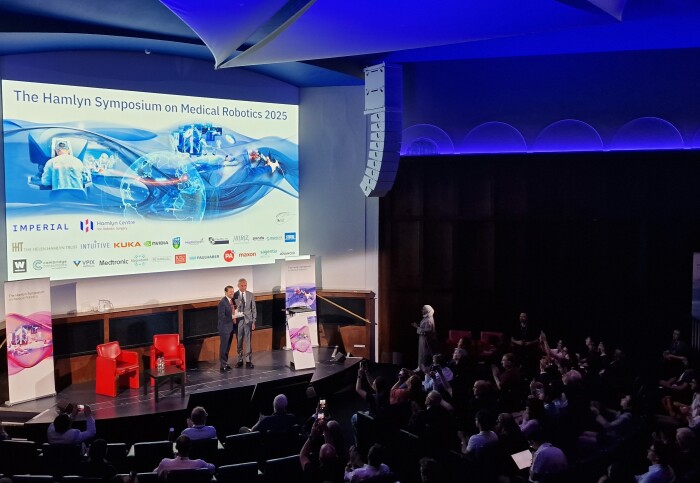
Working at the interface between clinician-scientists, healthcare workers, basic scientists and modellers, we drive programs of research from bench to bedside and bedside to bench. We translate research into interventions to improve health, using clinical samples to gain more understandings about health and disease. We take discoveries made in immunology, cell biology, and molecular biology, often derived from clinical samples, and build on these to develop interventions and human clinical trials.
Through basic discovery science we identify the causes of disease and characterise novel pathogens. Our multidisciplinary approach drives progress in the development of vaccines, therapeutics, and diagnostics through human clinical trials.
Our clinical & health sciences champions
-
Professor Wendy Barclay
/prod01/channel_3/media/migration/research-groups/barclay_1607350451234_x4.jpg)
Personal details
Professor Wendy Barclay Action Medical Research Chair Virology, Head of Department of Infectious DiseaseResearch interests
Respiratory viruses, in particular influenza and, most recently, SARS-CoV-2. Studies in the lab aim to understand the molecular and cellular basis of the pathogenesis, host range restrictions and viral transmissibility using genetic techniques to generate recombinant viruses and human airway models.
-
Dr Lauren Cator
/prod01/channel_3/media/migration/research-groups/cator-lauren_1607084071528_x4.jpg)
Research interests
Using laboratory and field experiments to understand mosquito behavioural ecology in order to improve the control of the diseases they transmit. Current work focuses on behavioural aspects of reproduction, host-parasite interactions, and the response of mosquito populations to land-use change.
-
Dr Abigail Clements
/prod01/channel_3/media/migration/research-groups/clements-abigail_1607081718409_x4.jpg)
Research interests
Bacterial pathogenesis, in particular enteric pathogens Shigella, E. coli and emerging nosocomial pathogen Klebsiella pneumoniae . Comparing molecular mechanisms used by these pathogens to establish host infection using a combination of genetic, biochemical, bioinformatic and cell-based techniques.
-
Professor Sarah Fidler
/prod01/channel_3/media/migration/research-groups/fidler-sarah_1607084346067_x4.jpg)
Research interests
Professor Sarah Fidler is a clinical academic who provides care for people living with HIV. Her main research interest is in the diagnosis, treatment and cure of HIV infection.
-
Professor Michael Levin
/prod01/channel_3/media/migration/research-groups/levin-mike_1607082009273_x4.jpg)
Research interests
Diagnosis and treatment of a range of childhood infections including meningococcal disease, tuberculosis, bacterial sepsis and Kawasaki disease. Currently leads the EU funded DIAMOND study investigating the application of RNA transcriptomics to improve diagnosis of childhood infection.
-
Professor Peter Openshaw
/prod01/channel_3/media/migration/research-groups/openshaw-peter_1607082143423_x4.jpg)
Research interests
How the immune system both protects against viral infection but also causes disease. A long-standing interest in RSV, influenza and, most recently, SARS-CoV-2, with his leadership of the PREPARE EU consortium and ISARIC4C collaborative network focussed on COVID in the UK.
-
Professor Robin Shattock
/prod01/channel_3/media/migration/research-groups/shattock-robin_1607085195708_x4.jpg)
Research interests
Leading an international effort to develop an RNA-based COVID-19 vaccine, and researching the mechanisms of mucosal infection to develop novel preventative strategies. This has led to the establishment of international collaborations aimed at preclinical identification, development and selection of HIV microbicide.
-
Dr John Tregoning
/prod01/channel_3/media/migration/research-groups/tregoning-john_1607085318467_x4.jpg)
Research interests
Developing a range of in vivo and in vitro models of infection and vaccination in early life, including RSV, Influenza, Pseudomonas aeruginosa , Staphylococcus aureus and Acinetobacter baumannii . They are using this approach to develop a broader understanding of respiratory infections and guide the design of vaccines.
